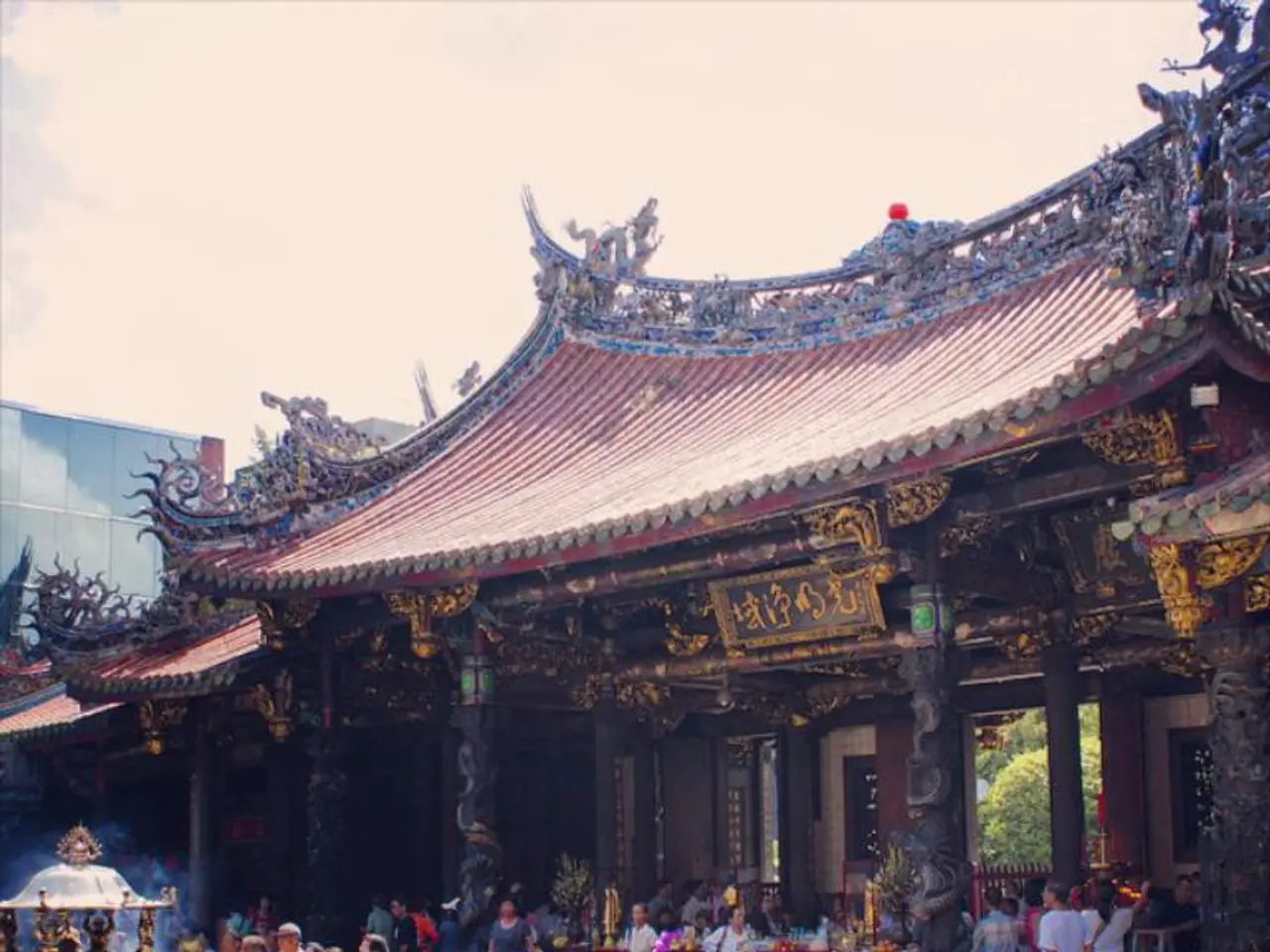Exploring Shikoku Island: A Comprehensive Travel Guide, Japan
Shikoku, the smallest of Japan's four main islands, offers a unique blend of historical castles, serene gardens, mountainous nature, spiritual pilgrimages, and cultural festivals, making it an enriching destination for tourists seeking less crowded but deeply traditional Japanese experiences.
**Historic Castles**
Shikoku is home to four of Japan’s twelve original castles, including the impressive Matsuyama Castle in Matsuyama city, perched on Mt. Katsuyama. Visitors can reach the castle by gondola and enjoy panoramic views of the city below. Kochi Castle in Kochi city is another well-preserved castle, offering insight into Japan’s feudal era.
**Natural Wonders and Scenic Spots**
Cape Ashizuri, located at the southernmost tip of Shikoku, is known for stunning coastal views. The remote, mountainous landscape of the Iya Valley offers a perfect setting for nature exploration, hiking, and experiencing rural Japan. Mount Ishizuchi, the highest peak on the island, attracts outdoor enthusiasts for climbing and hiking.
**Hot Springs and Relaxation**
Dogo Onsen in Matsuyama is one of Japan’s oldest hot springs, known for its ancient bathhouses and cultural significance. This onsen inspired the bathhouse in the famous Ghibli film *Spirited Away*.
**The 88 Temple Pilgrimage**
A spiritually significant and culturally rich experience, this pilgrimage involves visiting 88 temples around Shikoku, following the trail of the legendary monk Kūkai. Temples such as Chikurin-ji Temple near Kochi, with its five-story pagoda and historic gardens, are notable stops.
**Gardens and Traditional Sites**
Ritsurin Garden in Takamatsu is a tranquil and beautifully landscaped garden with ancient pines, ponds, tea houses, and boat rides set against views of Mt. Shiun. It is a must-visit for those interested in Japanese traditional gardening and serene environments.
**Cultural Festivals and Markets**
Kochi city is famous for the vibrant Yosakoi Festival, a major cultural event attracting visitors annually. Takamatsu also offers lively shopping streets such as Marugamemachi Shopping Street, providing a local taste of Shikoku’s culture and cuisine.
**Unique Attractions**
Taga Jinja, in Uwajima, is an unusual attraction in Shikoku, featuring a Shinto shrine with a large wooden phallus and a notorious sex museum filled with erotica from around the world. Uchiko, a 19th-century village in Ehime Prefecture, is a major attraction in Shikoku, known for its traditional candle-making and preserved mansions built by candle merchants.
Travel around the island can be done by train or bus, with train service being infrequent but reasonably priced, and bus service being more frequent but less reasonable. Oranges are a popular and cheap food item in Shikoku.
**Access and Accommodation**
Access to Shikoku can be achieved by train, highway bus, or ferry from Osaka’s Nanko Port. The ferry trip offers a unique experience with restaurants, cabins, and spa-style Japanese baths. The Matsuyama Youth Hostel offers posh accommodations with rock-bottom rates.
Citizens of most Western countries can enter Japan without a visa for stays of up to 90 days. Shikoku has an exchange program with American and Australian universities.
Spring and fall are the best times to visit Shikoku, with mild and sunny weather in spring and dazzling leaves in fall. Iyo Kasuri, a specialty of Matsukyama, is the hallowed art of ikat weaving using cotton dyed with natural indigo. The Mingei Iyo Kasuri Kaikan offers workshops for visitors to try ikat weaving.
Shikoku, like the rest of Japan, is generally healthier and safer than many other places. Bullfights are held in the southwest corner of the island, resembling bovine sumo wrestling. A useful resource for travelers is the Shikoku Pilgrimage Guide.
- A visit to Shikoku isn't complete without indulging in local food experiences, as oranges are a popular and affordable choice among the region's food-and-drink offerings.
- For a taste of traditional Japanese lifestyle, one should explore the gardens and traditional sites of Shikoku, with Ritsurin Garden in Takamatsu showcasing ancient pines, ponds, tea houses, and boat rides, offering a serene haven amidst mountainous nature.




